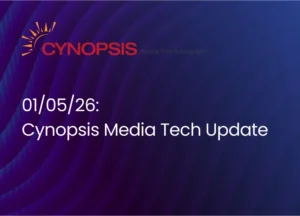

Managing Cognitive Load: Embracing New Perspectives at Nexxen’s Engineering Group
Cognitive Load: More Than Just a Buzzword
Before we delve into the practical applications of cognitive load, let’s take a moment to understand what it really means. Cognitive load, a term first introduced by educational psychologist John Sweller, refers to the mental effort required to learn new information. Picture your brain as a juggler keeping numerous balls in the air. If there are too many balls, or if they’re too heavy, the juggler fumbles.
There are three types of cognitive load:
1. Intrinsic Load: The inherent complexity of a task.
2. Extraneous Load: The load imposed by external factors that don’t contribute to learning.
3. Germane Load: The cognitive resources used to construct and automate schemas.
Enter Team Cognitive Load
While the cognitive load theory has its roots in educational psychology, its principles are highly relevant to the world of software development and team management. The concept of Team Cognitive Load, introduced in the book Team Topologies, has especially been a game-changer for us at Nexxen. Team Cognitive Load refers to the total cognitive effort that a team can expend on developing and maintaining software systems. By considering team cognitive load, we can optimize the distribution of tasks and ensure that no team is overloaded with work. It’s about ensuring that the ‘juggling’ act is manageable for each team.
Nexxen: A Forerunner in Managing Cognitive Load
At Nexxen, we have embraced the concept of cognitive load and have integrated it into our engineering practices. We are vigilant about the intrinsic load of our tasks and ensure that our engineers are equipped with the necessary resources to handle their responsibilities efficiently. We aim to minimize extraneous load by providing clear instructions, reducing distractions, and fostering a conducive work environment.
Moreover, our focus is not just on individual cognitive load. We give due importance to team cognitive load, ensuring that the workload is evenly distributed among our teams. This holistic approach helps us improve the functionality and user experience of our products, without overburdening our team.
Looking Ahead
As we navigate the challenges of an ever-evolving tech landscape, we are committed to developing tools and practices that minimize cognitive load. We have rolled out a developer portal that will provide a user-friendly interface for accessing self-service tools and understanding our system.
The decision to build our own tool, while challenging, has proven to be beneficial in terms of
efficiency, security, and flexibility. It has reaffirmed our belief that understanding and managing cognitive load, both at an individual and team level, is crucial for improving productivity.
Wrapping Up
Cognitive load is more than just a theory for us at Nexxen – it’s a guiding principle that shapes our work strategies and team interactions. By considering the cognitive load, we’re not just juggling balls more efficiently, we’re transforming the way we work, one task at a time.
Read Next


01/05/26: Cynopsis Media Tech Update


